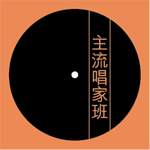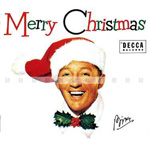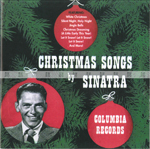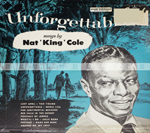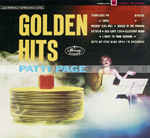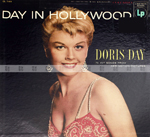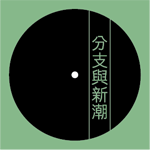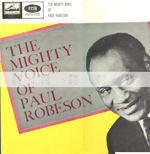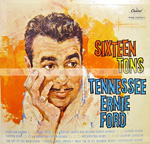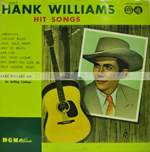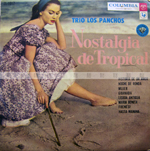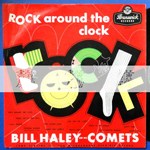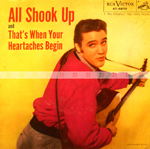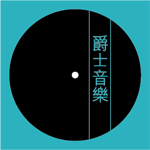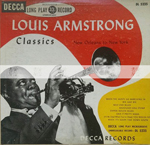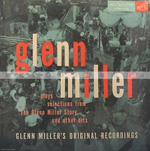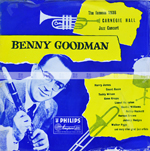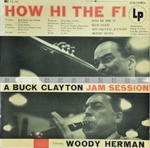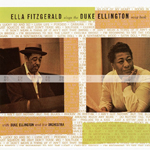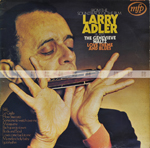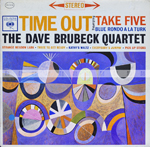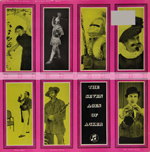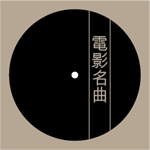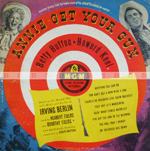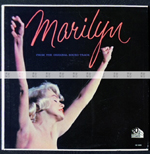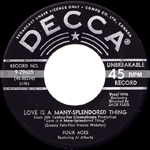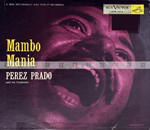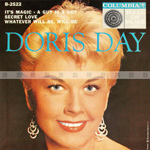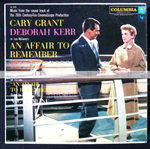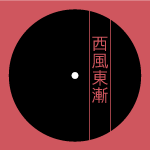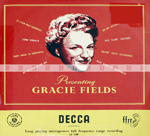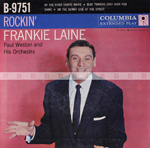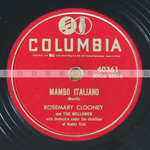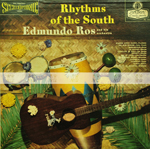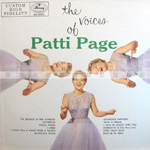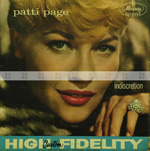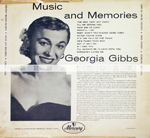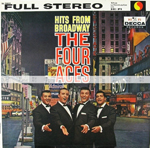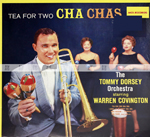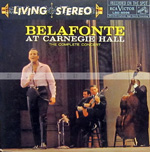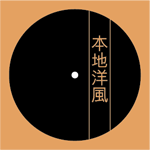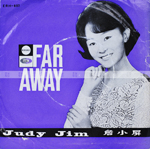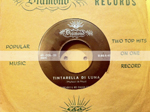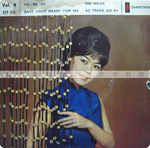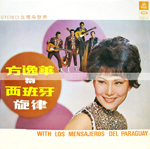Hong Kong had long been a British colony. Western cultural influences started early and seeped into people’s daily life as early as the 1920s.
Cultural influences from the West took an upward turn in the 1950s, firstly through films. During the time when Wong Jum-sum grew up, the number of Western films on show every year was never less than 200. The West was also prominent in radio broadcast. Thanks to the work of progressive radio show hosts like Aileen Woods and Uncle Ray, a whole generation came to be exposed to all styles and genres of Western pop music. They helped to nurture a world where one could embrace simultaneously the diverse sound and sentiments of Frank Sinatra, Elvis Presley and Benny Goodman. A new collective outlook was thus embodied in the skin and bone of the baby boomer generation.
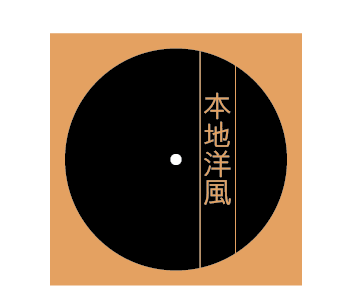
The modernization of Chinese music began in Shanghai in the 1920s. Twenty years later, the torch was passed to Hong Kong. A new process of adaptation followed, until a unique Hong Kong style emerged.
Judy Jim was acquainted with Wong Jum-sum since young. She got the first prize in the 1960 Singtao Amateur Singing Contest, beating Wong easily along the way. The song that gave her the win was Down the Trail of Aching Hearts. We listened to the version Jim recorded subsequently, and compared it with Patti Page’s original. There was no contest.
After that debut, Jim continued to perform. From her later recordings, it was clear she put a lot into her work, making good use of her sweet voice to gradually create a style of singing Western pop songs that sounded unmistakably local.
No matter how hard Jim tried, she could never become Patti Page. But she could become Judy Jim – a beloved acquaintance of Wong Jum-sum and Hong Kong itself.

